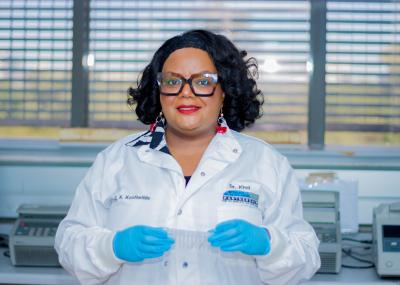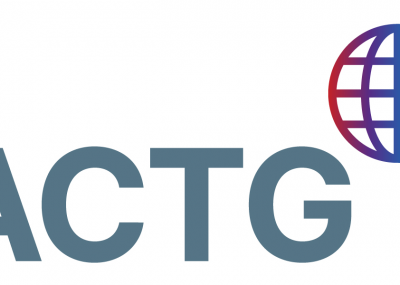The recent development of highly sensitive and specific point-of-care tests has made it possible to diagnose HIV-associated cryptococcal meningitis within minutes. However, diagnostic advances have not been matched by new antifungal drugs and treatment still relies on old off-patent drugs: amphotericin B, flucytosine and fluconazole. Cryptococcal meningitis treatment is divided in three phases: induction, consolidation and maintenance. The induction phase, aimed at drastically reducing cerebrospinal fluid fungal burden, is key for patient survival. The major challenge in cryptococcal meningitis management has been the optimisation of induction phase treatment using the limited number of available medications, and major progress has recently been made. In this review, we summarise data from key trials which form the basis of current treatment recommendations for HIV-associated cryptococcal meningitis.
Publications Date
Journal
F1000Res
PMID
31275560
PMCID
PMC6544127
DOI
10.12688/f1000research.17673.1
Abstract




